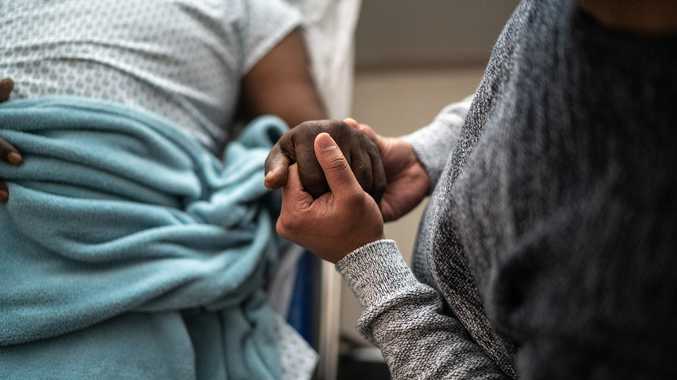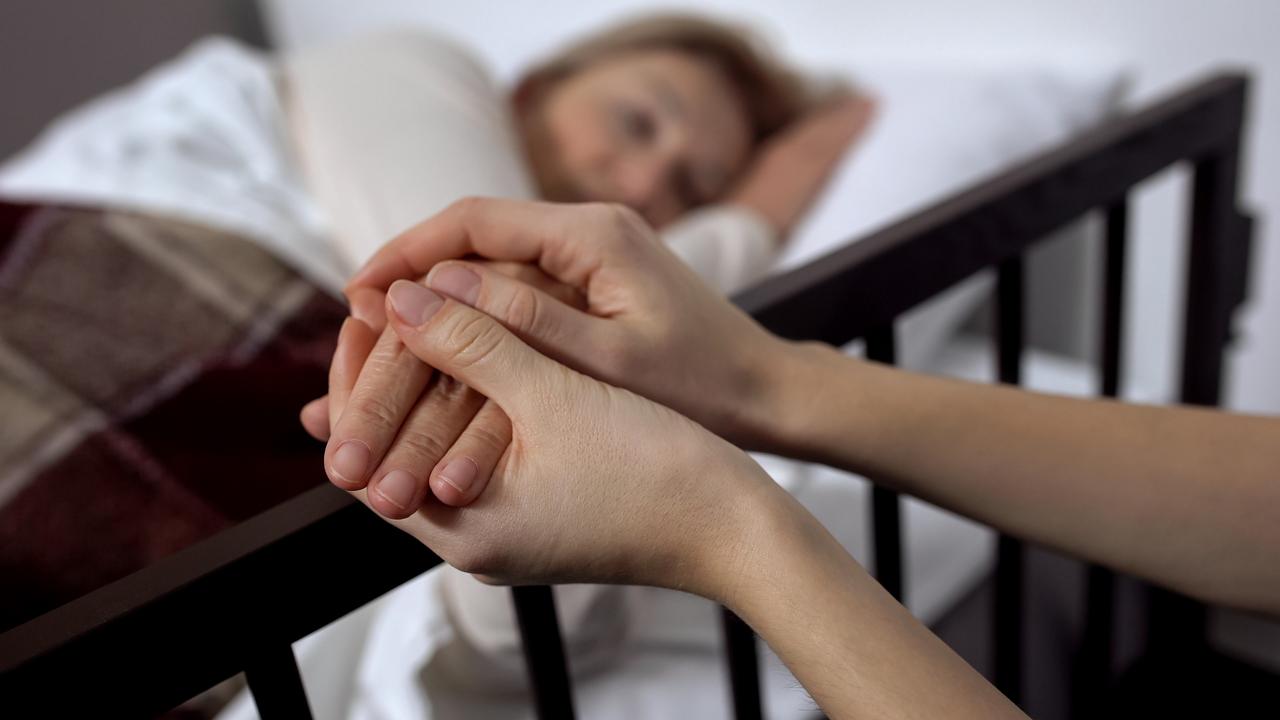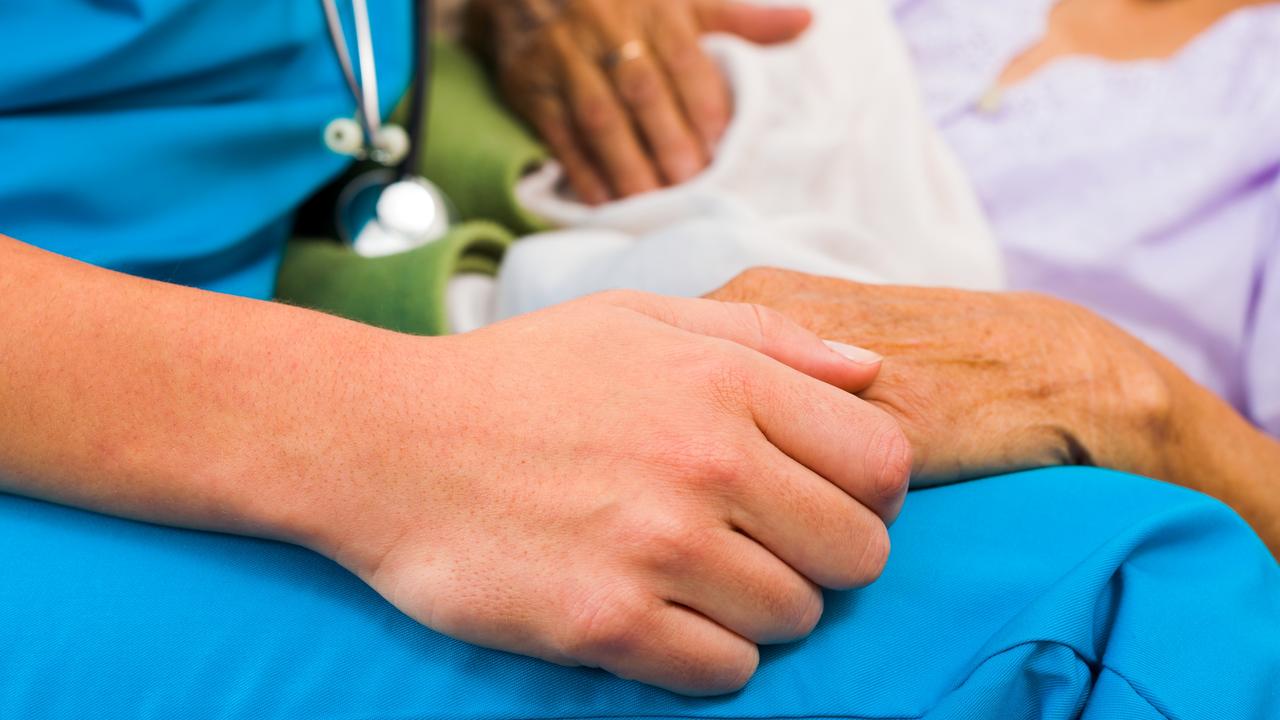Perri Cutten: A Timeless Legacy in Fashion
Remembering Perri Cutten: A trailblazing Australian fashion designer whose timeless elegance and...

 Search...
Search...

In a world where you can discover the intimate details of a person's sex life, an up-close video of a cyst being popped or a deeply personal mental health confessional all within a few swipes of one another on TikTok, there's still one subject we're reluctant to talk openly about. "Death is the last taboo," says Camilla Rowland, CEO of Palliative Care Australia. "We've become so great at discussing things that used to be taboo, but we've lost the ability to talk about death with one another." Ms Rowland says that over a 30-year career being involved with palliative care, there is one main regret she hears expressed consistently from people at the end of their lives.

"Without a doubt, the regret I've heard time and time again is that people wish they'd spent less time working, and more time with the people they love," she says. "The other thing people might find surprising is that money doesn't seem to have any effect on the way you look back at your life at the end. "I once looked after an incredibly wealthy man at the end of his life and he had been one of those really busy guys - working 18 hours a day, achieving great success. "I remember him saying to me, 'you know what, I would give up all my boats, my houses, everything that I have just to have spent more time with my kids when they were young'. I heard that time and time again from people. "No matter which walk of life they were from, it was the quality of their relationships that mattered above all else."

Thinking about death - our own and that of our loved ones - is uncomfortable, but something Palliative Care Australia wants to encourage every Australian to do. "We should be talking more openly about death and dying," Ms Rowland asserts. "In fact, we used to. In pre-Victorian times, it was something that children and families were all witness to, because our morbidity rates were different and people died younger, and generally at home, not in hospitals." She says that by normalising the process, we cannot only make sure we have access to the right kind of end-of-life care (which she describes as "currently a postcode lottery in Australia, with only six out of 10 people who need palliative care accessing it"), but also so we can learn from the people who leave this world before us. "When I think of those common deathbed regrets that pop up repeatedly," she continues, "it's a great reminder for us all to live more in the moment, with the people who matter most."
Bek Day
This article originally appeared on news.com.au